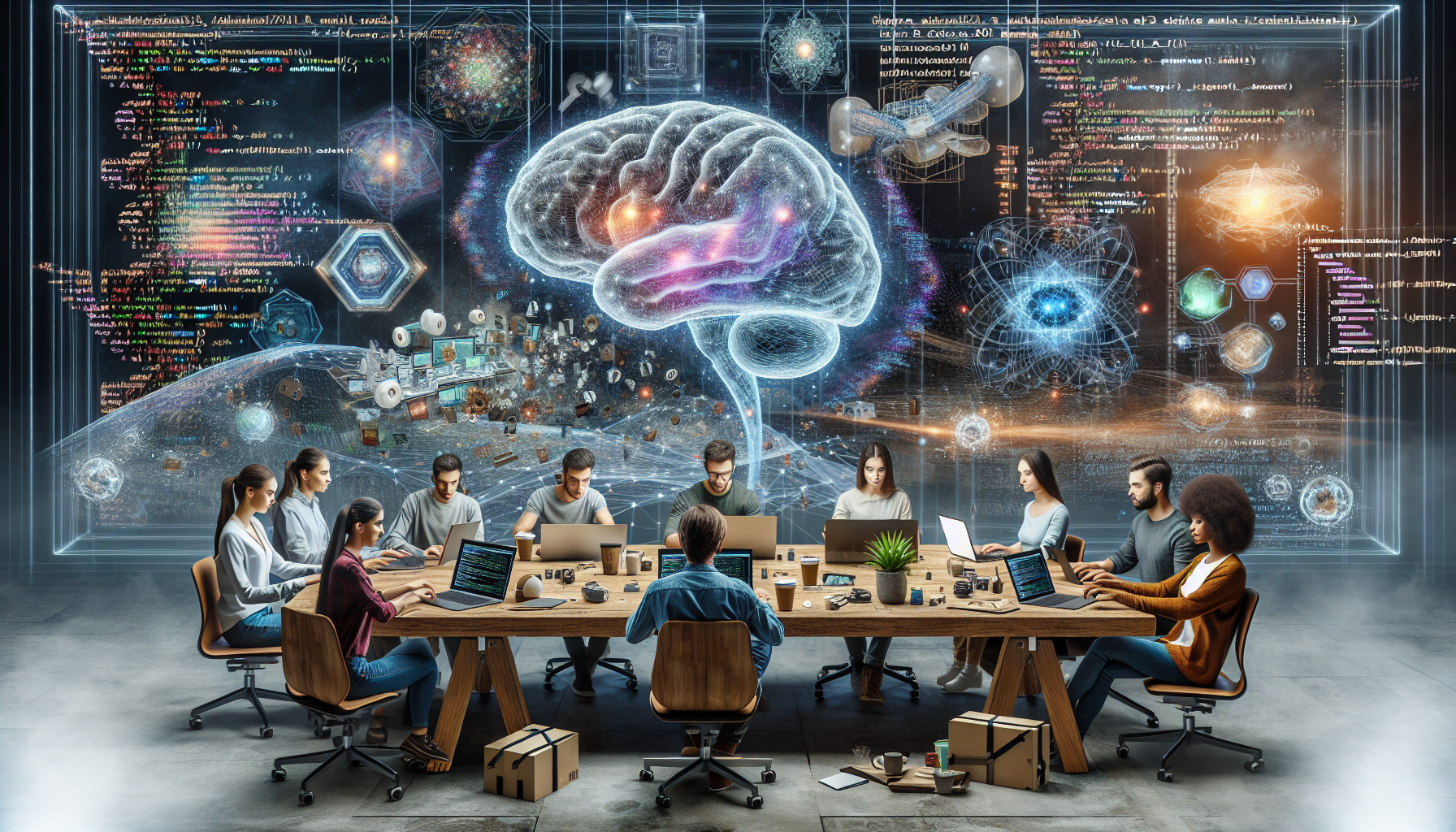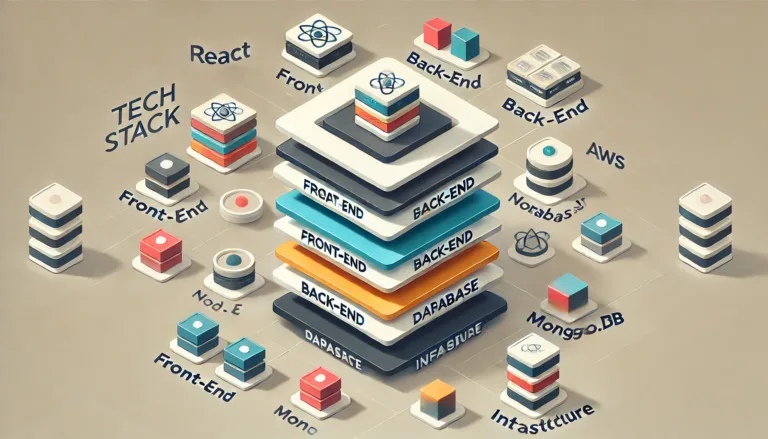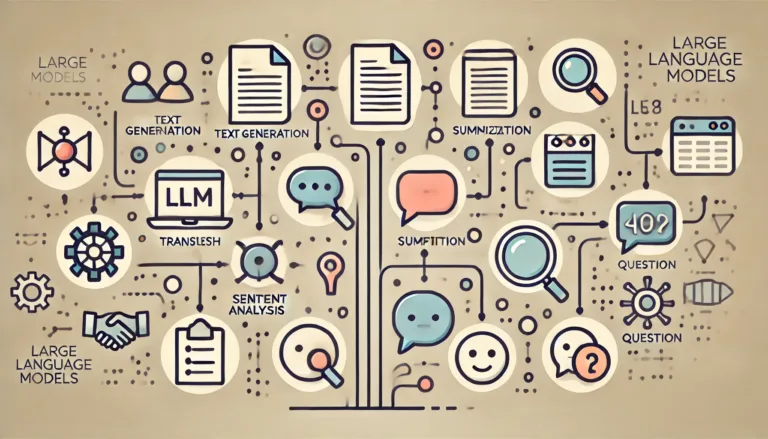The AI Boom in Software Development
Artificial Intelligence (AI) is now a game-changer in the world of software development. Speaking as a daily developer, I am floored by AI’s ability to turn our coding world upside-down (in a good way). Here, I’m letting you in on AI’s incredible journey and its impact across various industries.
AI’s Meteoric Rise
AI’s takeover is mind-boggling. Expected to skyrocket to $1,811.8 billion by 2030 (from $136.6 billion in 2022), the AI market’s annual growth rate is a staggering 38.1% (LeewayHertz). This growth propels AI to the forefront of innovation and efficiency.
| Year | Market Size (in $ Billion) |
|---|---|
| 2022 | 136.6 |
| 2030 | 1811.8 |
Why the explosive growth? AI’s adaptability makes it a powerhouse across different fields, from tackling tricky problems to creating fresh solutions. Many companies now view AI and machine learning basics as vital for growth. A whopping 89% of businesses believe that AI and machine learning will boost sales, streamline operations, and enhance customer experiences (TechTarget).
AI’s Game-Changing Impact in Various Sectors
AI’s fingerprints are all over the place, transforming industries one by one. Let’s dig into a few prime examples.
AI in Healthcare
AI is shaking up healthcare big time. From supporting diagnoses to predictive analytics and personalized treatments, AI is elevating patient care and streamlining medical research. These smart algorithms sift through boatloads of data to spot patterns, helping doctors catch diseases early and tailor treatments.
AI in Finance
Finance can’t get enough of AI. Whether it’s fraud detection, risk management, or customer service automation, AI is here to stay. AI-driven analytics can predict market trends, while chatbots make customer interactions snappier and more efficient.
AI in Manufacturing
Manufacturing loves AI for predictive maintenance, detailed quality control, and supply chain tweaks. These tools bump up production efficiency and save cash (LeewayHertz). Predictive maintenance, for example, spots potential equipment failures ahead of time, cutting down on downtime and repair costs.
AI in Retail
In retail, AI crafts personalized recommendations, predicts demand, manages inventory, and powers chatbots for customer support—all creating a better shopping experience (LeewayHertz). Apparel and gadgets retailers, among others, are now more in tune with customers’ preferences, optimizing stock, and offering instant help via smart chatbots.
AI in software development reshapes everything, making industries smarter and more efficient. Developers can now cook up innovative solutions thanks to AI’s powerful capabilities. Dive deeper into AI’s world with our resources on artificial intelligence programming and AI coding languages.
AI Applications in Various Sectors
AI in Healthcare
AI has turned the healthcare scene on its head, making patient care and admin tasks quicker and smarter. Imagine an AI looking at medical scans—X-rays, MRIs, you name it—and spotting issues faster than a doctor. Personalized treatment plans are another highlight. AI processes loads of data to tailor the best course of action for each patient. Plus, predictive analytics help docs predict outcomes and nip problems in the bud. Even managing medical records is less of a headache now that AI can handle data entry and retrieval.
AI in Finance
In finance, AI is the secret weapon for boosting security and customer experience. Fraud detection systems are now super sharp, catching sketchy transactions instantly. Chatbots are another big deal, offering around-the-clock support and tackling common questions so human agents can focus on tougher issues. AI is also reshaping credit scoring by diving into not just your financial history but also your social and behavior patterns to assess lending risks. Bottom line? Security, efficiency, and happy customers.
AI in Manufacturing
Manufacturing loves AI for its ability to streamline processes and cut costs. Predictive maintenance is a game-changer, as AI analyzes machinery data to predict when maintenance is needed, avoiding unexpected breakdowns. Quality control gets a boost too; AI uses computer vision to spot defects better than the human eye. Supply chain management is another win, with AI ensuring materials and products glide smoothly through the production line.
AI in Retail
Retail is having a field day with AI. Personalized recommendations make shopping feel bespoke, suggesting items based on browsing and buying habits. Demand forecasting powered by AI keeps popular items in stock and reduces waste. Chatbots in retail handle customer questions and problems quickly, freeing up human staff for more intricate tasks. The result? Happier customers and slicker operations.
AI’s reach across various sectors shows its incredible potential. Curious to know more about AI and its practical uses? Check out our articles on artificial intelligence programming and AI algorithms.
How AI Supercharges Your Business
Boost Your Revenue and Efficiency
As a developer, I stumbled upon the magic of AI software development and saw firsthand how it can skyrocket a business’s revenue and streamline efficiency. Think faster project turnaround and fat ROI just by cutting down those tedious timelines. AI for everyday tasks? Absolute game-changer. Imagine spending more time creating big, innovative stuff and less time on boring, repetitive work (TechTarget).
| Benefit | What It Means for You |
|---|---|
| Quick Turnaround | Projects wrapped up quicker, ROI rises |
| Task Automation | Slash everyday costs |
| Talent Unleashed | Focus on creative, impactful work |
Automation and Quality On Steroids
One killer advantage of AI in software development is beefing up quality while automating like a boss. You get fewer mistakes, stick to the rulebook, and speed up your processes when paired with robots. Picture less manual work and better end-results. Your products? Top-notch and reliable.
Using AI to whip up test data? Developers can then focus on the cool, creative part of the job. The immediacy and accuracy are next-level.
| Automation Perk | Quality Boost |
|---|---|
| Fewer Mistakes | Trustworthy products |
| Rule Adherence | Consistent, high-quality output |
| Speed Demons | Quick and efficient delivery |
For the nitty-gritty on AI and software, snoop around our deep dive on ai algorithms.
Talent Management, Turbocharged
One of the sweetest breakthroughs has been seeing AI amp up talent management. Imagine hiring being a breeze, finding the best of the best, and giving a personalized touch to each hire (TechTarget). Streamlined hiring means HR can actually plan and grow teams rather than getting bogged down in admin.
AI crunches data at lightning speed, helping you make better hiring choices and keeping the team vibing and engaged. It’s like your secret weapon for building an all-star team.
| Talent Area | How It Helps You |
|---|---|
| Hiring Magic | Smarter and faster recruitment |
| Top Talent Picks | Spot-on skill matching |
| Employee Love | Tailored development paths |
For more practical nuggets on AI in coding, check out our piece on ai certification programs.
How AI is Shaking Up Coding and Jobs
The New Wave of Software Development
AI is shaking things up in the software development world. As a developer, I’ve seen how AI has transformed our tools and methods, cutting down errors, sticking to standards, and jazzing up our processes with robotic process automation (RPA) (TechTarget). This not only boosts the quality of our work but also makes our projects more valuable.
Here’s what’s changing in our coding world:
- Fewer Bugs: AI tools catch and fix coding errors on the fly, so the final product has fewer glitches.
- More Time for Creativity: By handling repetitive tasks, AI lets developers focus on the juicy, innovative parts of coding.
- Better Hiring: AI helps find top talent and makes onboarding smoother.
Generative AI: The Game Changer
Generative AI is flipping the script on how we tackle coding projects. These smart models can churn out fresh content—like code, text, and data patterns. For folks like me, the benefits are clear:
- Automated Code: Tools like OpenAI’s Codex whip up code snippets just from natural language prompts, speeding up the entire process.
- Personal Learning: AI-powered platforms let us learn new skills, tailored just for us.
Here’s a quick look at how Generative AI is making waves:
| What it Does | Why it Rocks |
|---|---|
| Generates Code | Faster coding |
| Automates Testing | Better test coverage |
| Personal Learning | Customized skill-building |
Want to dive deeper into AI? Check out our articles on AI certification programs and machine learning basics.
AI isn’t just revamping how we code—it’s shaking up our job roles too. As tech grows, it brings both challenges and chances. Staying updated and learning new skills is key. For more insights, take a look at our guide on AI in Python and AI coding languages.
Ethical Considerations in AI Development
Jumping into the AI software world, it’s clear that ethics matter. Think about data privacy and security, accessibility, and fighting against algorithmic bias. These are the essentials to make sure that AI not only grows but does so in the right way.
Data Privacy and Security
Keeping data safe is non-negotiable in AI. We have to collect, handle, and store user data right. Following rules like GDPR and CCPA is a step in that direction. When I’m building AI apps, I stick to these guidelines to protect user data.
| Ethical Rulebook | What It’s About |
|---|---|
| GDPR | Rules in the EU for data protection. |
| CCPA | California’s take on consumer data privacy. |
Following these rules helps keep data safe from prying eyes. Curious about data privacy? Head over to machine learning basics for more.
Accessibility and Inclusive Design
Making apps for everyone, no exceptions. That’s the goal. Accessibility means creating software everyone can use, including folks with disabilities. Things like alt text for images and support for assistive tech can make a big difference.
Practical steps to improve accessibility:
- Add alt text to images.
- Make sure your software works with screen readers.
- Include speech recognition.
Want more tips? Dive into natural language processing techniques.
Algorithmic Bias and Fair AI
Algorithmic bias—where AI decisions are skewed by prejudices in data—is a problem. Think about it: biased data can lead to unfair treatment, like perpetuating racism. That’s why I use data that reflects a wide range of backgrounds and cultures (TechTarget).
Ways to beat algorithmic bias:
- Use data from all sorts of backgrounds.
- Get a mix of people to develop and test algorithms.
- Regularly check and tweak algorithms to stay fair.
| Bias Source | How to Beat It |
|---|---|
| Dataset Bias | Choose diverse data. |
| Developer Bias | Mix up your development team. |
Tackling bias is essential for fair AI. For coding practices that help, check out ai coding languages.
By focusing on these ethical issues, I’m aiming to help build fair and inclusive AI. Let’s do this right!









